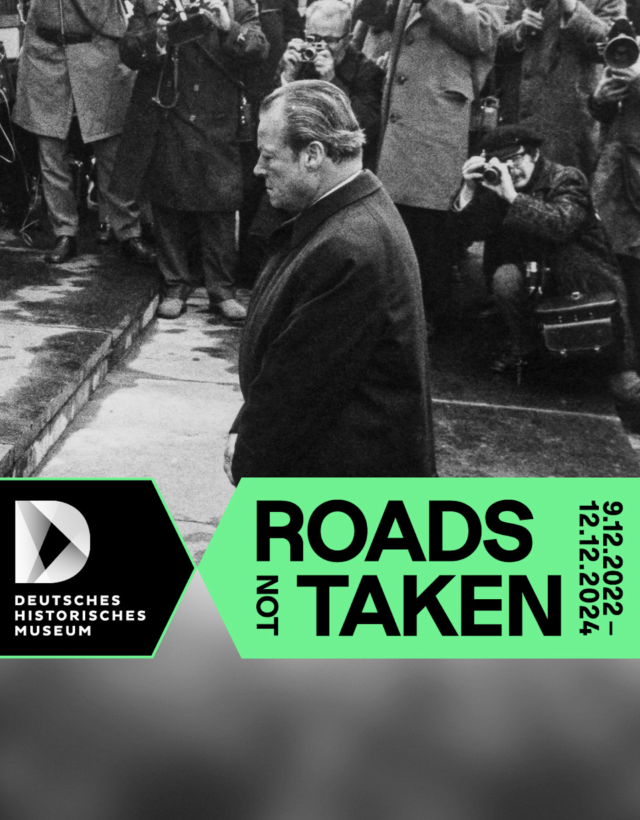
Given the increasing threat of disinformation and its polarizing effect, tense and uncertain social situations arise. A sudden change of mood can have devastating consequences, especially with regard to tendencies that threaten democracy. This leads to a rejection not only of individual political decisions, but of the entire political system and its democratic institutions.
The attack on the Reichstag building (2020) or the storming of the U.S. Capitol (2021) illustrate the simultaneity of polarizing moments that threaten democracy in Germany and the United States. Both situations illustrate the importance of gaining a better understanding of societal tendencies leading to the threatining of democratic systems.
This is the gap which the Karlsruhe Institute of Technology (KIT) and the FZI Research Centre for Information Technology aim to fill. Supported by the Alfred Landecker Foundation, an innovative research design is used to simulate tipping points to study opinion formation and polarization in different populations in order to forsee future tipping points in society.
Innovative research design
Using a novel research approach, these tipping points are simulated in order to investigate the formation and polarisation of opinion in different populations and thus depict potential developments within societies.
The innovative longitudinal research of Social Sentiment in Times of Crises is an approach used for the first time worldwide. Representative panels were used to continuously survey social sentiment. In a very simple and low-threshold way, the same questions were addressed to the participants via an app once a week between November 2022 and April 2023. The weekly survey data provided a representative picture of the opinions of the German and U.S. populations during the research period. The research focused on the following crisis-related events: The war against Ukraine, the climate and energy crises, and the effects of rising prices in people’s daily lives.
The researchers matched social sentiment data in two ways:
1) News Event Monitoring: Capture relevant news articles through the media monitoring platform Event Registry. These were articles on events that had been extensively reported in the media and were self-contained in time. In the context of the research project, the relevance of the activities was shown if they could be assigned to the German- or English-speaking area and could be matcged to the main topics that were researched.
2) Social media monitoring: The relevant events from the news event monitoring were compared with the data ("tweets") from the platform Twitter using defined search queries.
By automatically comparing the responses with current events, it is thus possible to draw conclusions between the news and the so-called social sentiment and, at the same time, to check whether the debates in social media are representative.
In the second project phase from 2024, further comprehensive data will be collected - particularly with regard to the 2024 state and European elections in Germany and the presidential elections in the USA.
Who is behind the research project?
The research project Social Sentiment in Times of Crisis consists of an interdisciplinary team of researchers from the FZI Research Center for Computer Science and the Karlsruhe Institute of Technology and is led by the FZI Research Center for Computer Science.
The FZI is an independent and non-profit institution for computer science application research and technology transfer, founded in 1985 by the Baden-Württemberg Ministry of Economics and the University of Karlsruhe (now KIT). In 2011, a main office was opened in Berlin to ensure closer collaboration with policymakers and civil society and to increase the visibility of its own research and developments. This is also where the House of Participation is located as a center of excellence on issues of digital democracy and participation.
The KIT is the research university in the Helmholtz Association, which is operated in cooperation with the state of Baden-Württemberg. The KIT, as it exists today, was formed in 2009 as a result of the merger between the University of Karlsruhe and the Karlsruhe Research Center (Forschungszentrum Karlsruhe). KIT employs over 9,000 people, more than half of whom work in natural science, engineering, economics, humanities and social science research.


